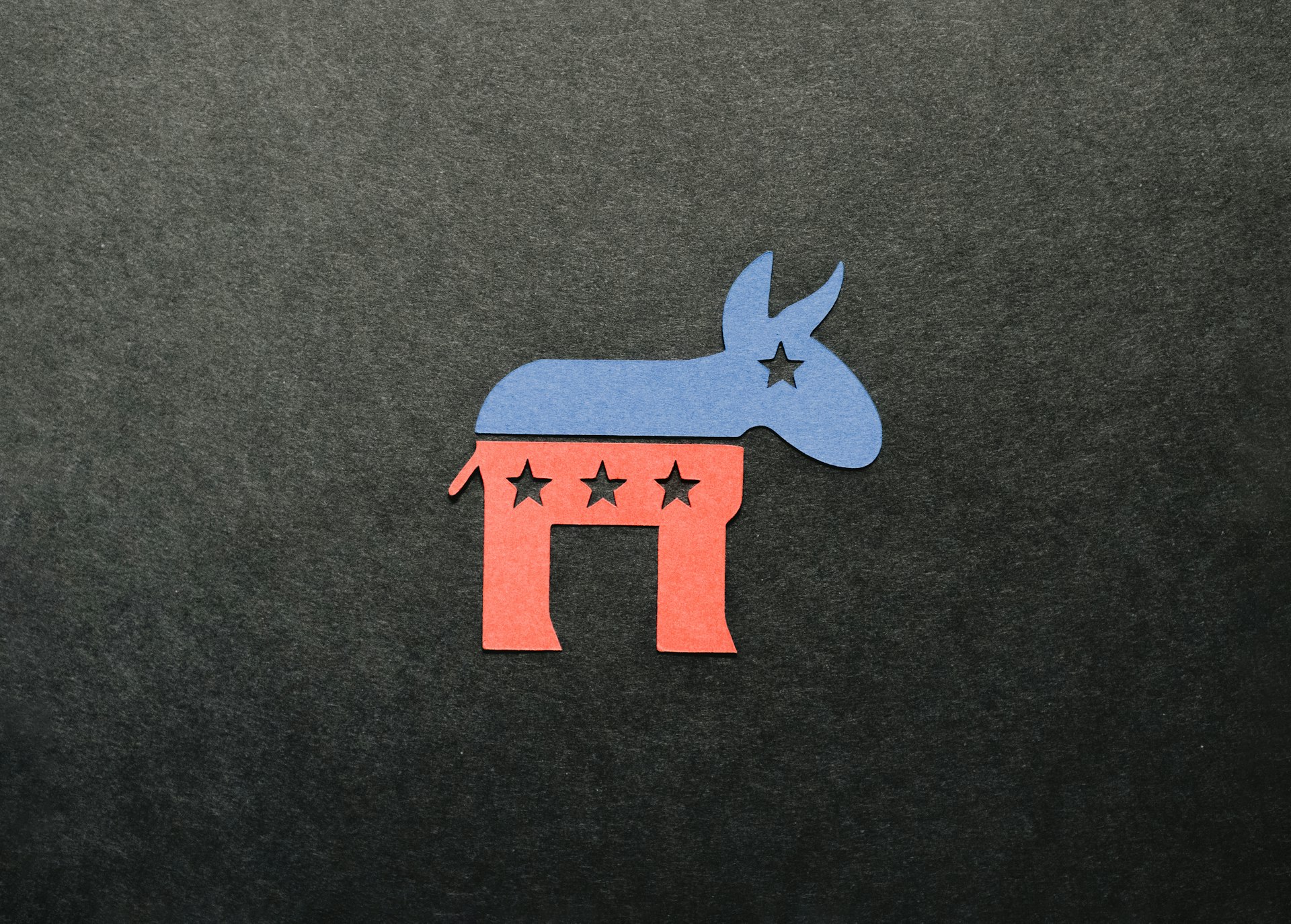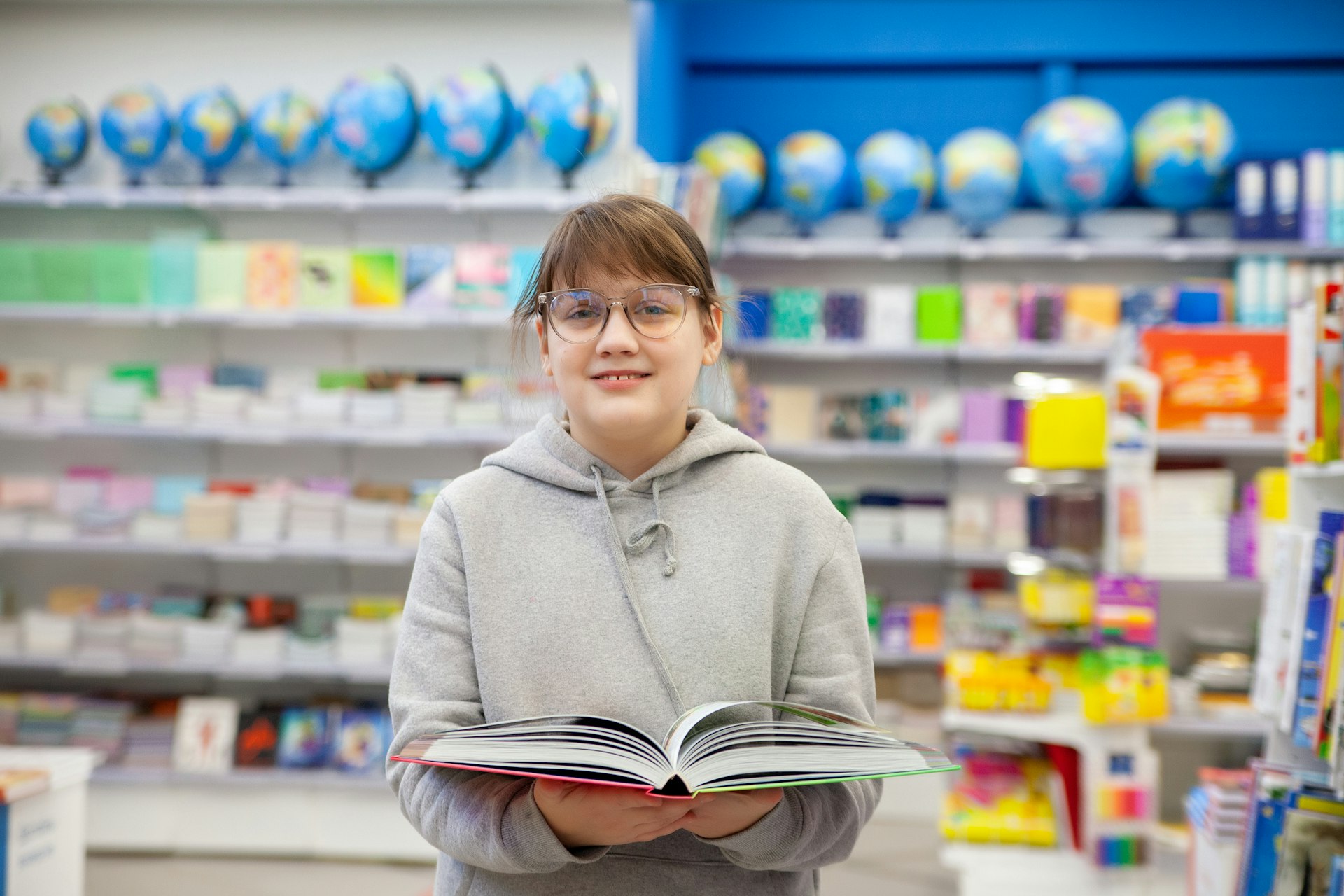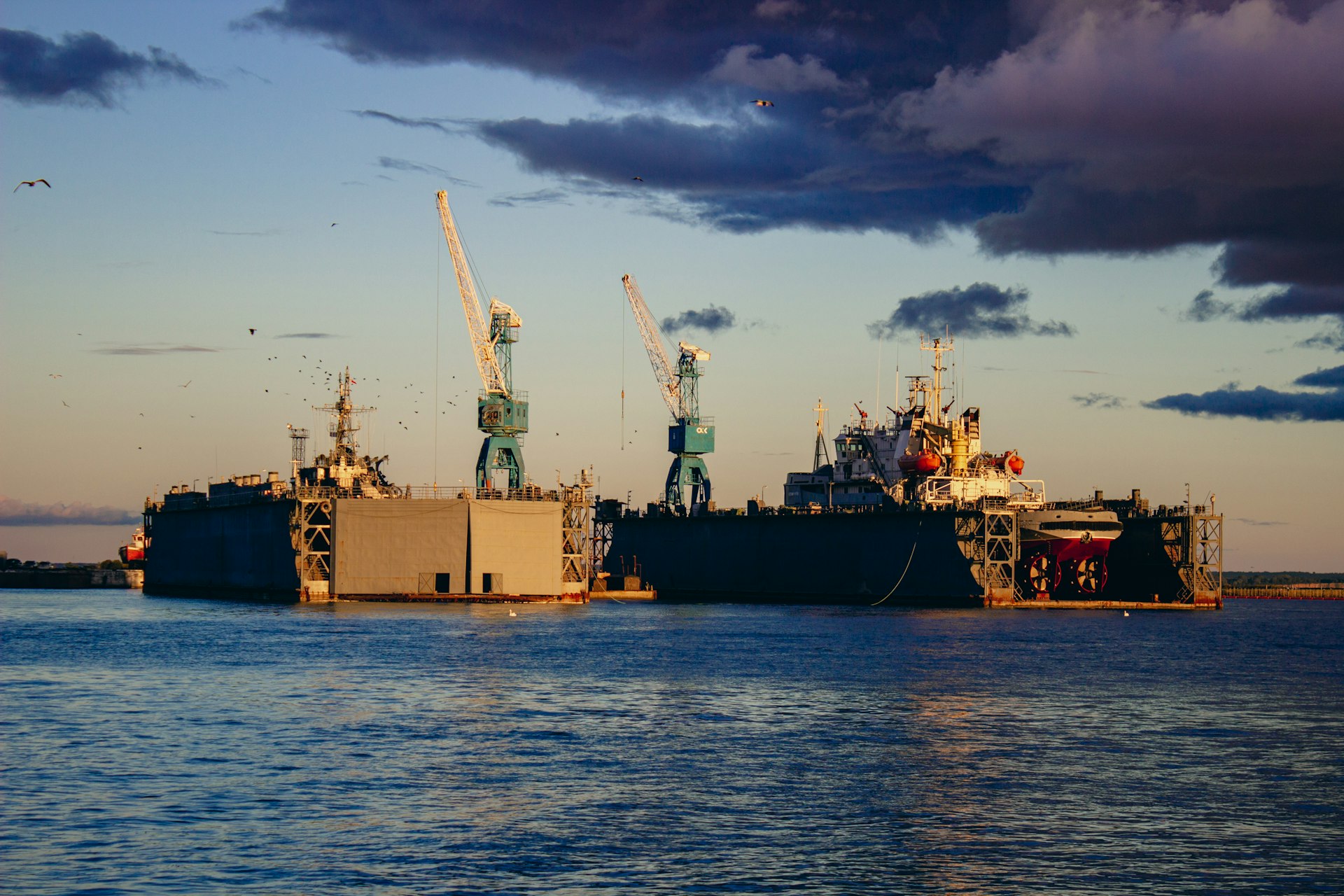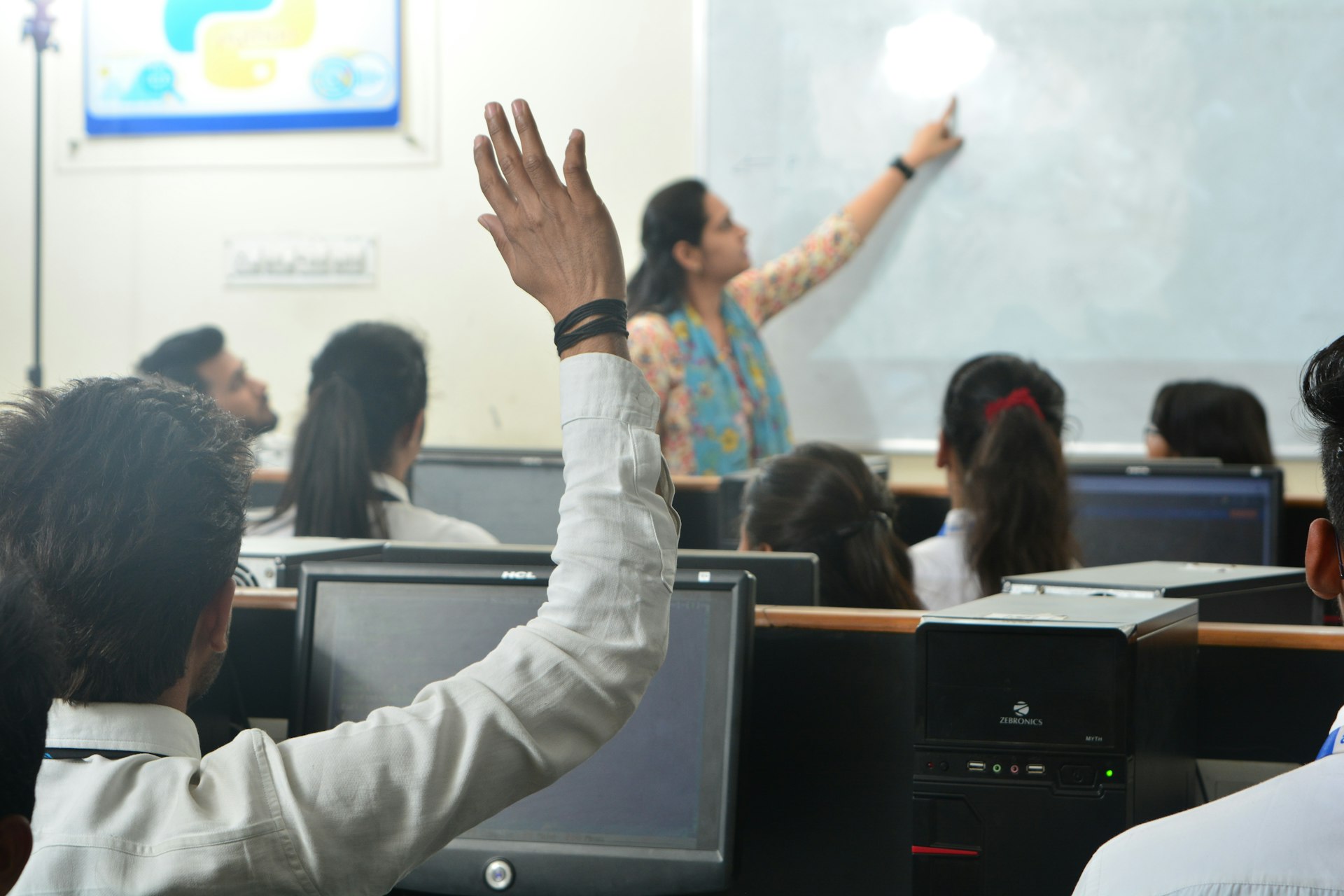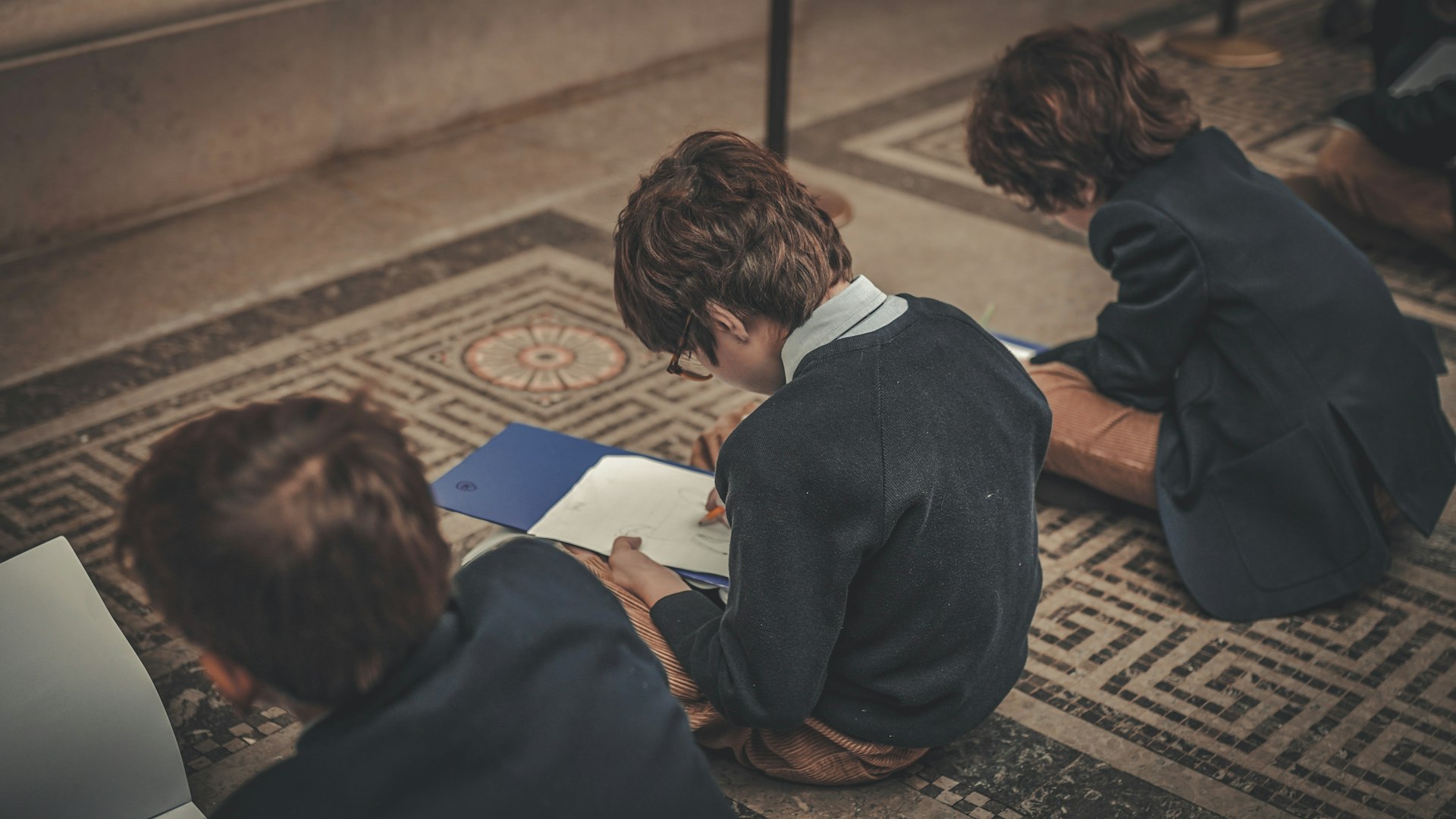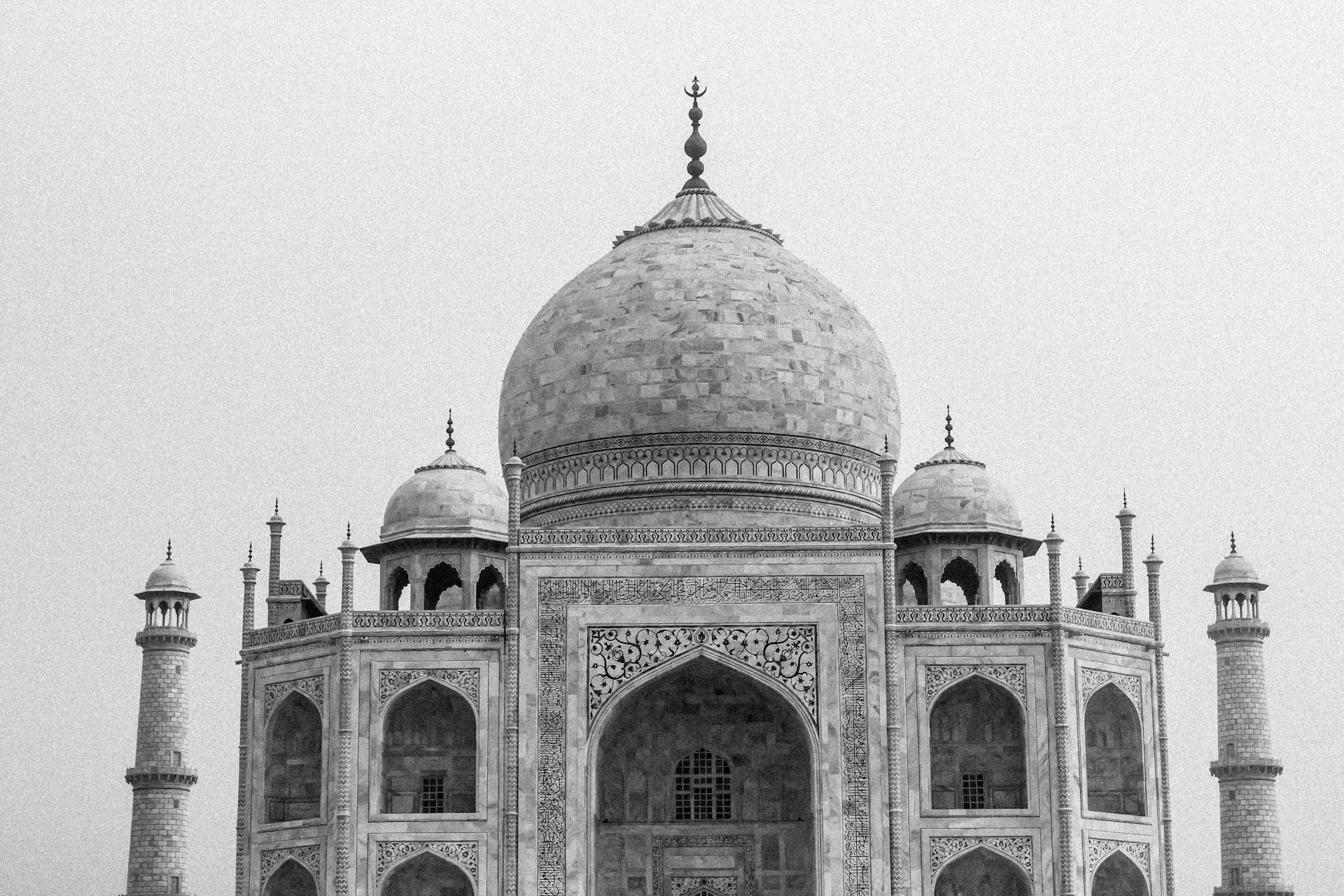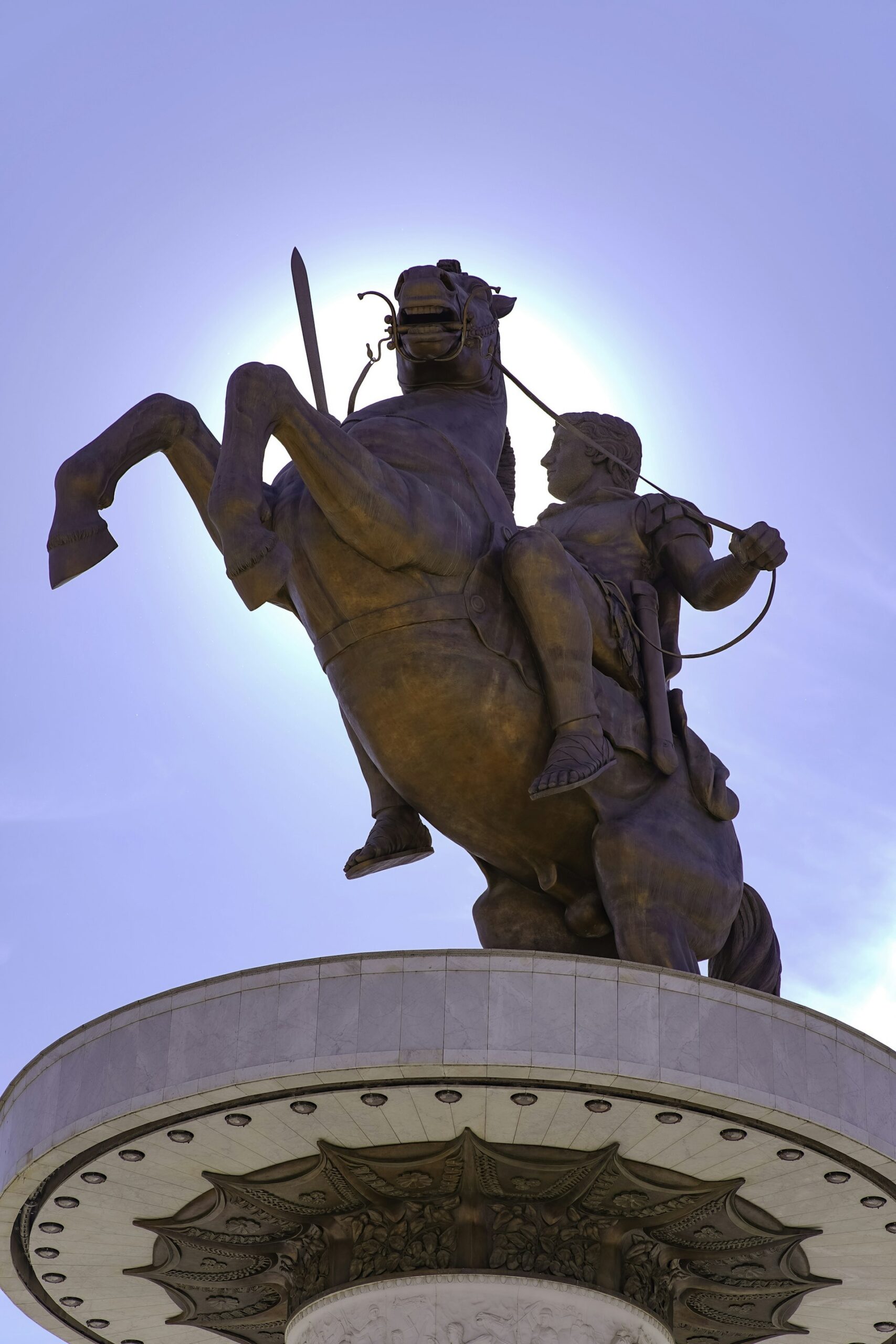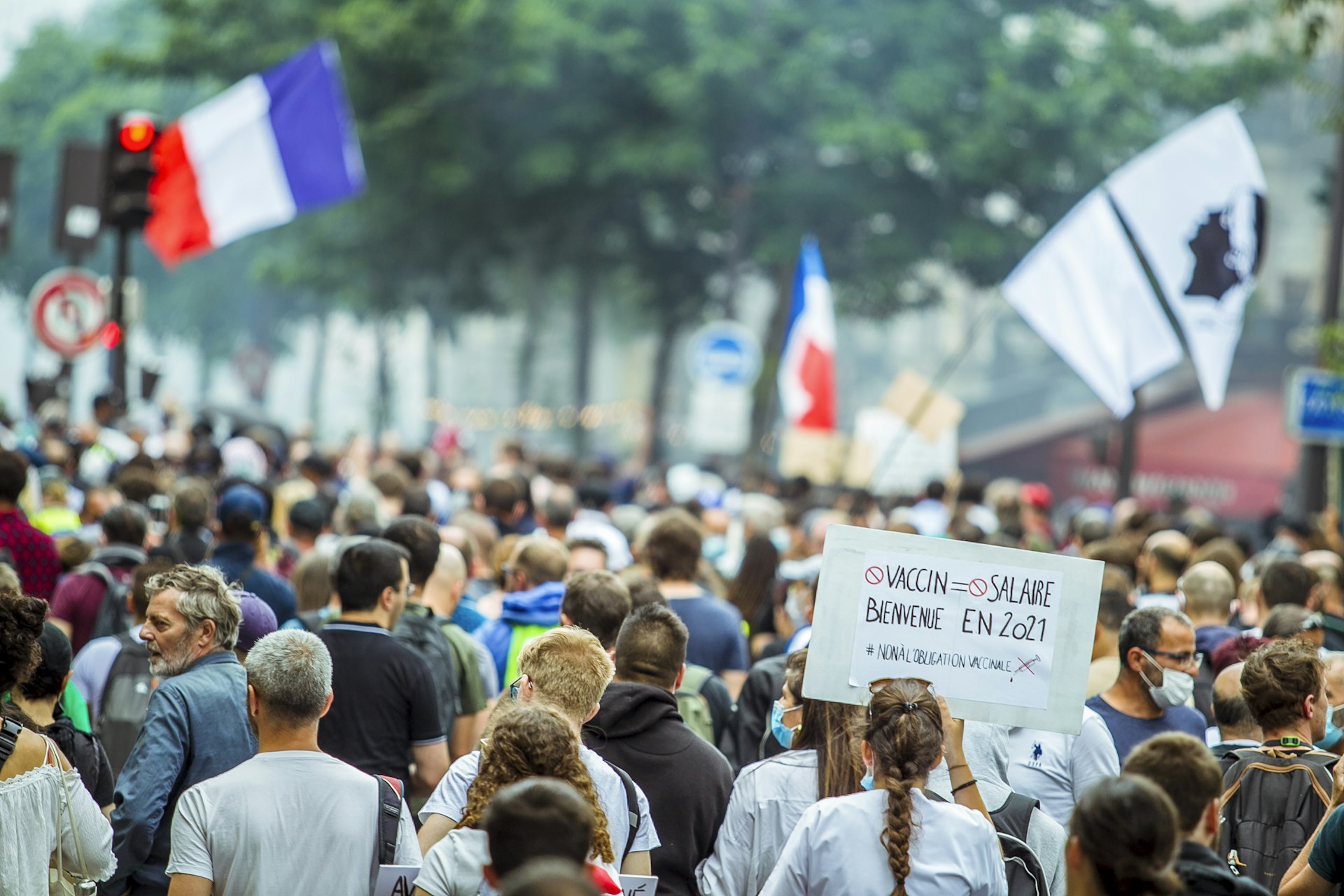How Cultural Exchanges Have Shaped World History: From Ancient Trade to Globalization

Photo by Adolfo Félix on Unsplash
Introduction: The Transformative Power of Cultural Exchange
Cultural exchanges have been a driving force in shaping world history. By facilitating the movement of ideas, goods, technologies, and people, these exchanges have connected distant societies, inspired innovation, and fundamentally transformed the way civilizations develop. Understanding the role of cultural exchange offers key insights into how our interconnected world has evolved and continues to adapt today.
1. Early Trade Networks: The Foundations of Intercultural Connection
The earliest examples of widespread cultural exchange can be traced to ancient trade routes. These networks were more than just channels for exchanging goods-they were highways for spreading religions, scientific knowledge, and artistic styles. The Silk Road, the Indian Ocean trade network, and the Trans-Saharan routes are among the most influential examples.
The Silk Road , stretching from China through Central Asia to the Mediterranean, enabled the movement of silk, spices, paper, and religious beliefs such as Buddhism and Islam. Caravans and merchants carried not only merchandise but also stories, inventions, and philosophies, leading to increased literacy and the blending of artistic traditions. The Indian Ocean sea lanes linked East Africa, the Middle East, India, and Southeast Asia, making possible the exchange of navigation techniques, astronomical knowledge, and medicinal ideas. The Trans-Saharan routes connected West Africa with the Mediterranean, bringing goods like gold and salt and enabling the spread of Islam and African innovations [1] .

Photo by James Smith on Unsplash
Step-by-step, these networks grew:
- Merchants and travelers moved products and ideas along established routes.
- Trade settlements became melting pots of cultures and languages.
- Innovations such as Chinese paper and gunpowder were transmitted across continents, with scholars in Islamic lands translating and building upon them.
Practical guidance: For those interested in historical trade networks, you may explore university library catalogs or major museum websites for exhibits on the Silk Road and ancient trade [2] .
2. The Age of Discovery: Global Encounters and the Columbian Exchange
From the 15th to 18th centuries, the Age of Discovery marked an era of unprecedented global interaction. As European explorers reached the Americas, Africa, and Asia, the transmission of people, products, and diseases led to profound changes in societies worldwide.
The Columbian Exchange involved the transfer of crops like potatoes, maize, and tomatoes from the Americas to Europe, and wheat, horses, and cattle in the opposite direction. These exchanges transformed economies and diets on both sides of the Atlantic. Less positively, the spread of diseases such as smallpox had devastating effects on Indigenous populations in the Americas [4] .
Implementation guidance: To delve deeper, you can search for ‘Columbian Exchange primary sources’ via academic repositories or visit the Smithsonian National Museum of American History for related exhibits.
3. Intellectual and Religious Movements: The Flow of Ideas
Cultural exchange has long been a catalyst for intellectual revolutions and the spread of religions. During the Islamic Golden Age , scholars in Baghdad, Cordoba, and elsewhere translated Greek, Persian, and Indian texts, advancing fields such as mathematics, medicine, and astronomy. These works later influenced the European Renaissance, which revived interest in classical learning and spurred scientific inquiry [1] .
Major world religions-Buddhism, Christianity, and Islam-spread far beyond their places of origin through trade, conquest, and missionary work. This diffusion encouraged new forms of art, architecture, and governance, often blending local customs with imported beliefs. For practical exploration, consider searching for university courses on world religions or visiting reputable sources like the British Museum’s online collections.
4. Modern Cultural Diplomacy and Student Exchange
In the modern era, cultural exchange programs and diplomacy have played crucial roles in fostering international understanding and peace. The Erasmus Program , established by the European Union in 1987, has enabled millions of students to study abroad, broadening their horizons and enhancing intercultural awareness. Such programs not only build skills and knowledge but also promote tolerance and global citizenship [3] .
For those interested in participating in cultural exchange programs, you can research opportunities through official government education departments or international organizations. For example, the U.S. Department of State provides information on its Bureau of Educational and Cultural Affairs programs. When searching online, always use official government or university websites for application information.
5. The Impact of Globalization: Cultural Diffusion in the 21st Century
Globalization has accelerated the pace of cultural exchange. The internet, mass media, and international travel allow ideas, trends, and technologies to move rapidly across borders. While this fosters innovation and understanding, it also raises questions about cultural preservation and identity.
Real-world examples include the global popularity of music genres, international cuisine, and cross-border collaborations in science and technology. However, some communities seek to balance openness with efforts to sustain their cultural heritage. For ongoing research, consider following major think tanks or international organizations specializing in cultural policy, such as UNESCO.
Implementation steps:
- Engage in language learning to access new perspectives.
- Participate in virtual exchange programs or international conferences.
- Support organizations that protect cultural diversity and heritage.
6. Overcoming Challenges and Maximizing Opportunities
Cultural exchanges are not without challenges. Misunderstandings, stereotypes, and unequal power dynamics can hinder meaningful interaction. Overcoming these obstacles involves active listening, education, and the promotion of inclusive policies. Organizations and governments often provide training and resources to help individuals navigate intercultural environments.
Alternative approaches may include:
- Community-based exchange initiatives, such as local sister city programs.
- Online forums and collaborative digital projects connecting diverse populations.
- Interdisciplinary academic research to better understand the impacts of exchange.
For guidance on accessing such opportunities, consult your local cultural affairs office, university international office, or search for ‘cultural exchange programs’ on reputable educational platforms. Always verify the authenticity of organizations before applying or submitting information.
Key Takeaways and Next Steps
Cultural exchanges have profoundly influenced world history, driving progress, innovation, and mutual understanding. By learning from past and present examples, individuals and communities can take proactive steps to benefit from global connections while respecting diversity and heritage. Whether through travel, education, or digital engagement, there are many pathways to participate in and benefit from cultural exchange.
For those seeking to get involved, start by:
- Researching official government or university-sponsored exchange programs.
- Exploring language and cultural learning resources from established academic institutions.
- Engaging with international events, organizations, or local multicultural initiatives.
References
- [1] Fiveable (2024). Significant Cultural Exchanges to Know for AP World History: Modern.
- [2] Fiveable (2024). Cultural Effects of Trade – AP World Study Guide.
- [3] Academy for Cultural Diplomacy (n.d.). Historical Acts of Cultural Diplomacy.
- [4] Study.com (2024). Cultural Exchange During the Age of Discovery.
MORE FROM jobzesty.com
